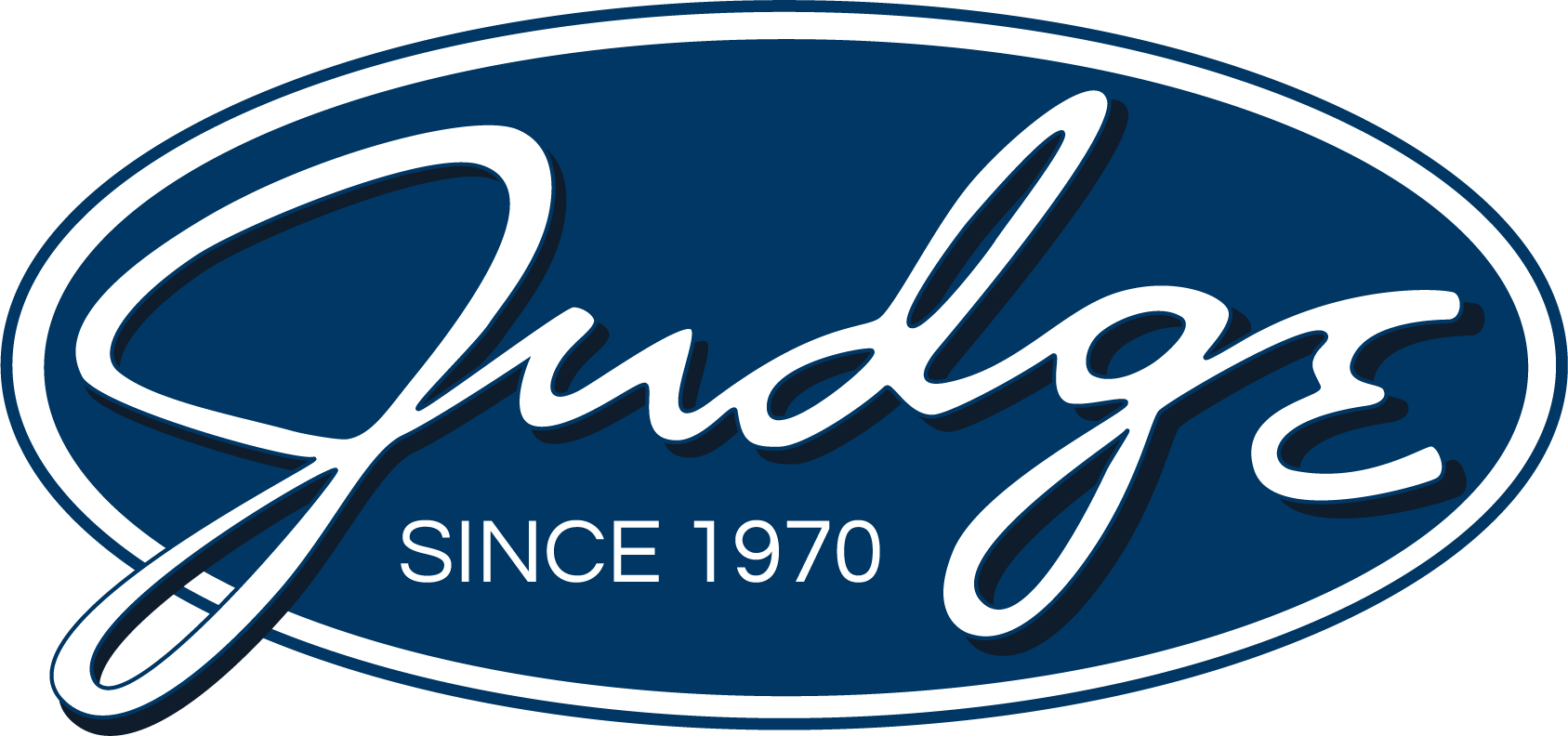Swamped by AI-Enhanced Resumes? Here’s How to Adapt
The rise of generative AI tools like ChatGPT has dramatically changed the hiring game, making it easier than ever for candidates to tailor their resumes to specific job descriptions. While this benefits job seekers, it’s created new challenges for organizations trying to manage an overwhelming influx of applications.
The New Era of AI-Enhanced Resumes
Customizing resumes for multiple job applications used to be a time-consuming task. Now, with AI tools at their disposal, job seekers can effortlessly tailor their resumes to match job descriptions in a matter of minutes. This efficiency has led to a significant jump in the number of applications companies receive for each open position.
What are the Challenges for Employers?
While more applications might seem like a good problem to have, it’s not without complications:
- Volume Overload: Many organizations, particularly in tech, are now inundated with hundreds of resumes for each job posting. This flood of applications can quickly overwhelm talent acquisition teams, especially those that may have faced recent downsizing.
- Quality vs. Quantity: AI-generated “perfect” resumes make it harder for recruiters to tell apart genuinely qualified candidates from those who’ve mastered keyword optimization.
- Fraudulent Applications: The ease of creating AI-enhanced resumes has led to more fake applications. Some candidates are using AI to fabricate entire work histories or apply for roles far beyond their qualifications.
- Overlooked Talent: Highly qualified candidates who don’t have AI-optimized resumes or apply later in the process risk being overlooked.
This situation isn’t just a logistical nightmare for HR departments — it can also have serious implications for a company’s reputation. When organizations are unable to respond to the majority of applicants or provide timely feedback, it can lead to frustration among job seekers and potentially damage the company’s employer brand.
Adapting to the New Normal
To get ahead of this problem, companies need to rethink their recruiting strategies. Here are a few ways to adapt:
- Passive Candidate Search: Shift efforts toward recruiting passive candidates who may not be actively applying for roles.
- Enhanced Vetting: Implement more robust screening processes, such as technical assessments and behavioral interviews, to verify candidates’ skills and experiences.
- Staffing Firm Partnerships: Collaborate with specialized staffing firms that can provide pre-vetted candidates and help manage modern recruiting challenges.
- Improved Communication: Invest in systems that enhance communication with applicants, even if it’s just to confirm receipt of their application.
The Staffing Firm Advantage
As recruiting gets more complicated, more companies are turning to staffing agencies for help. With their expertise in vetting candidates, they can spot truly qualified people and weed out fake applications before they even hit your desk. They also tap into a wider talent pool, including passive candidates — those who aren’t actively job hunting but might be just what your company needs.
Staffing firms handle the initial screening, too, saving your team time and effort. Instead of sifting through hundreds of AI-polished resumes, you get a curated list of top contenders who’ve been thoroughly vetted.
Embracing the Future of Hiring
The impact of AI in resume creation is here to stay, and companies must adapt to this new reality. By implementing smart strategies and potentially partnering with experienced staffing firms, organizations can maneuver the challenges of AI-enhanced resumes and continue to attract talent in an increasingly competitive job market.
Because while AI has changed the game, the goal remains the same: finding the right person for the right job. With the right approach, you can turn the challenges of AI-enhanced resumes into opportunities for more efficient and effective recruiting.
For more information about Judge’s staffing capabilities, contact us today.



